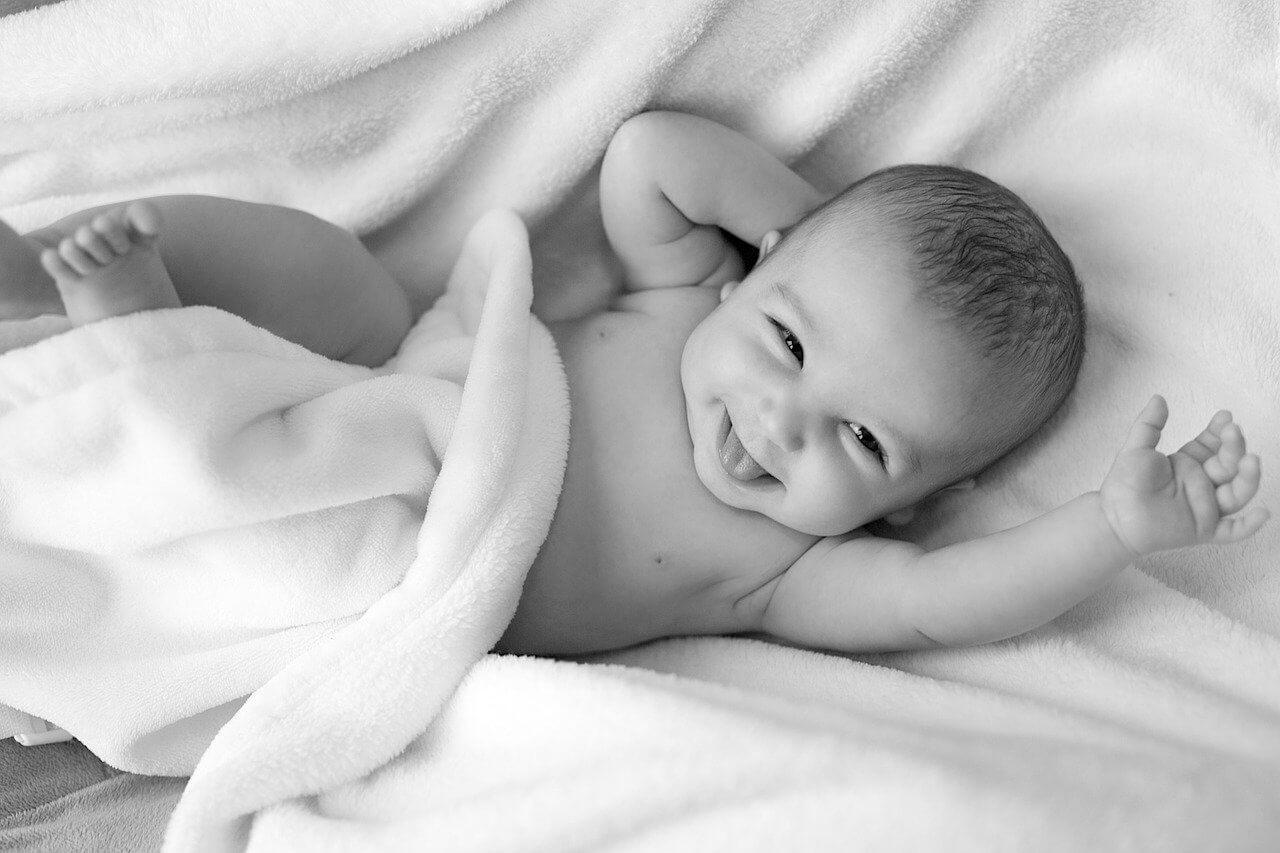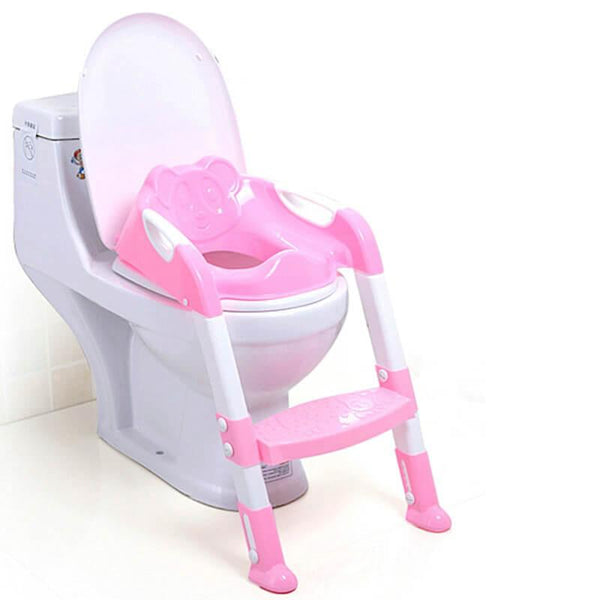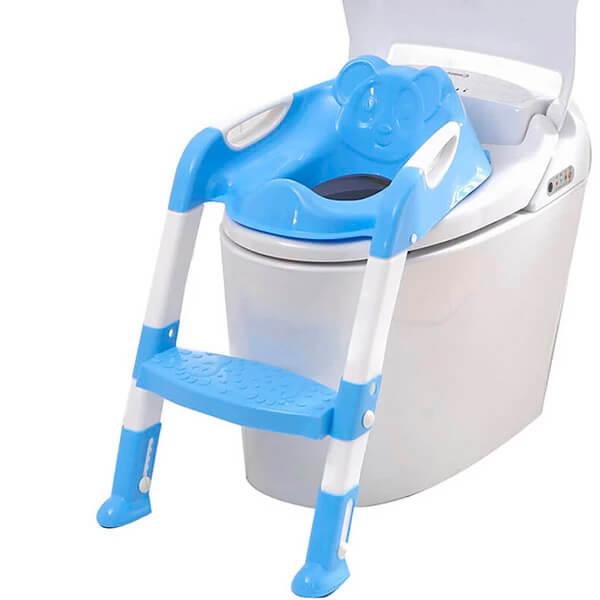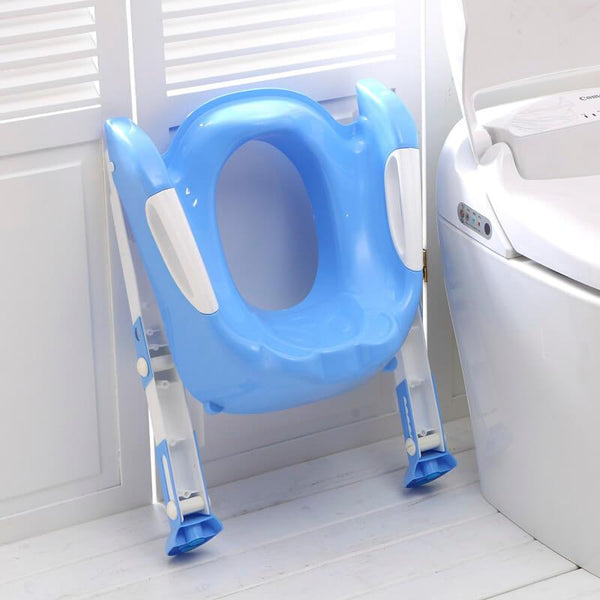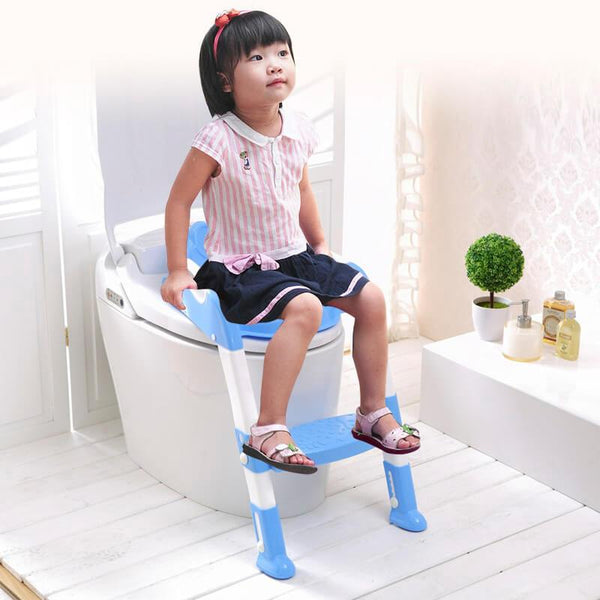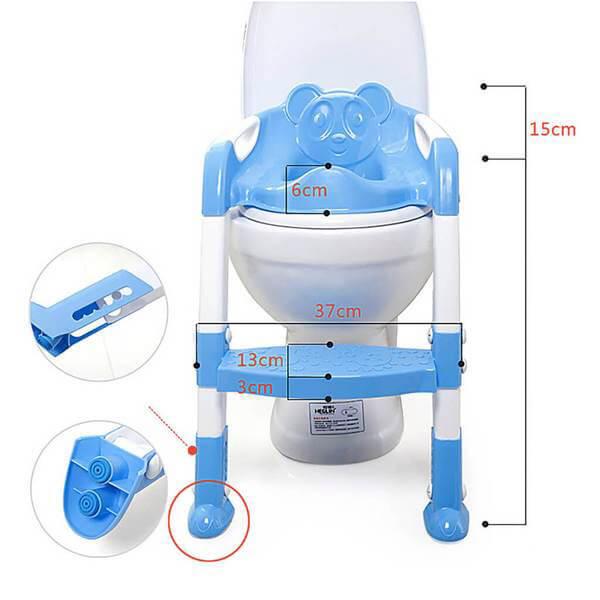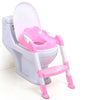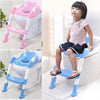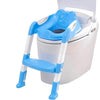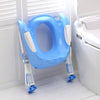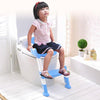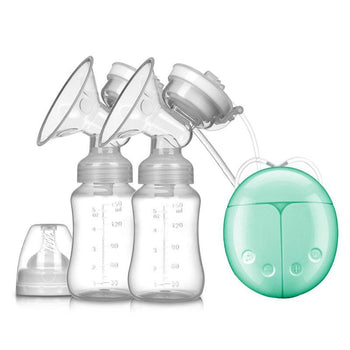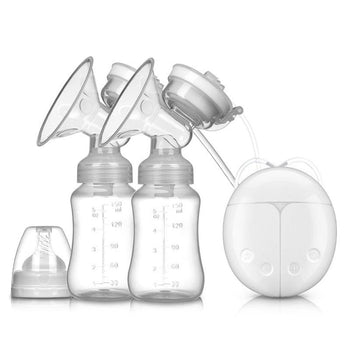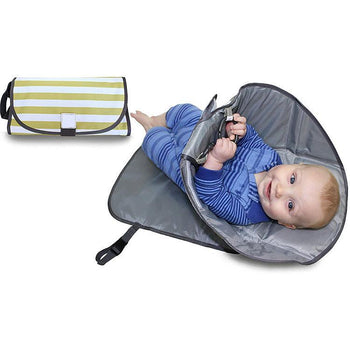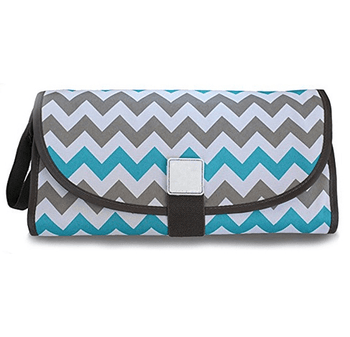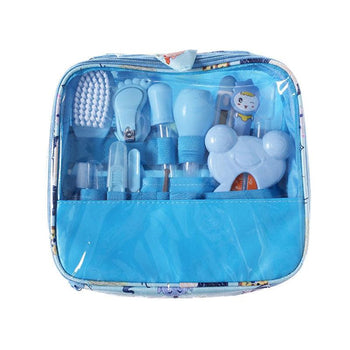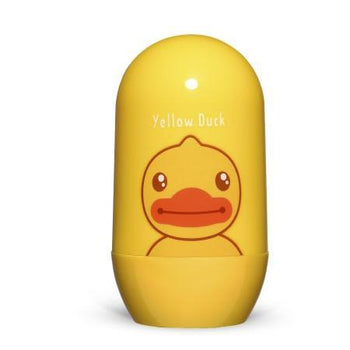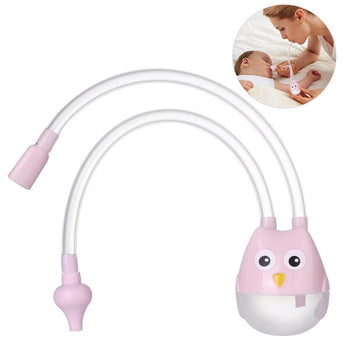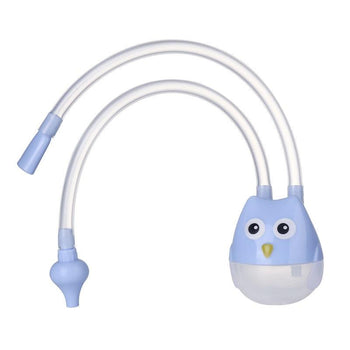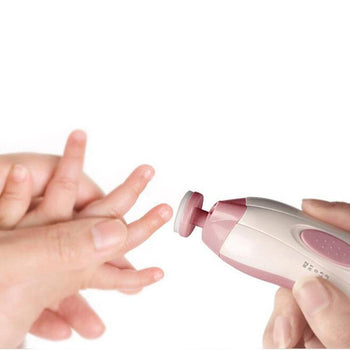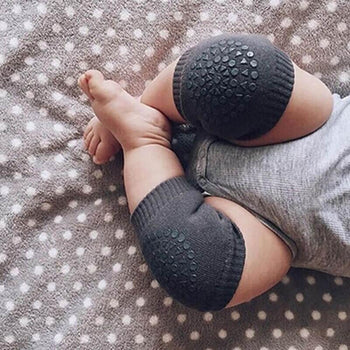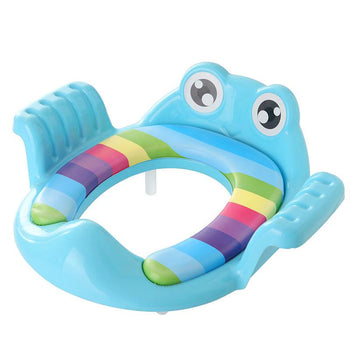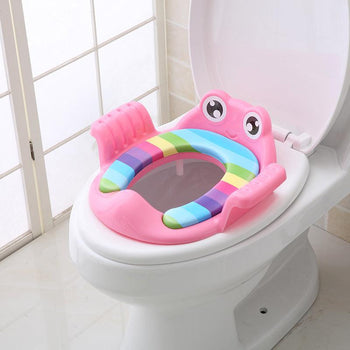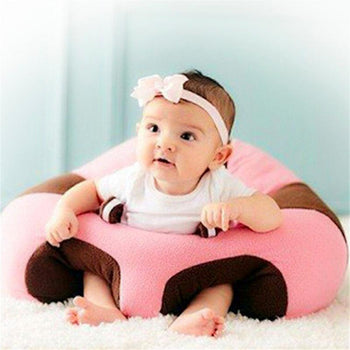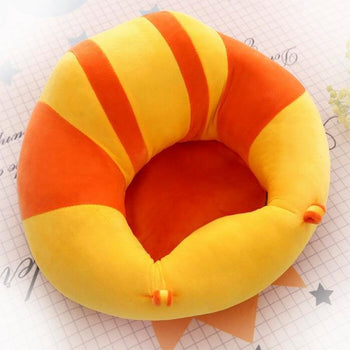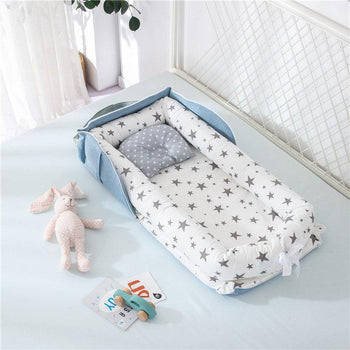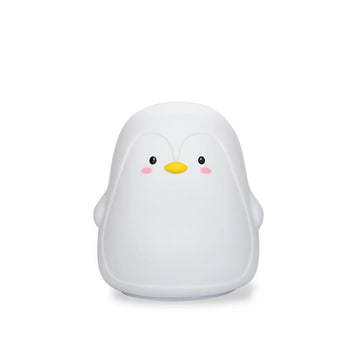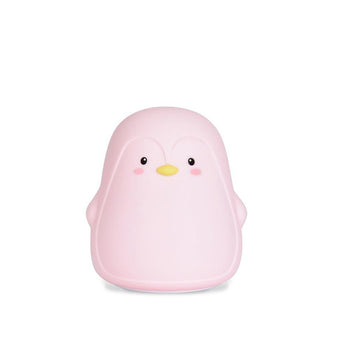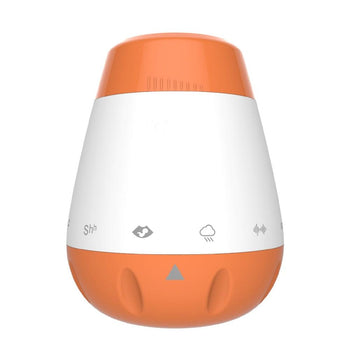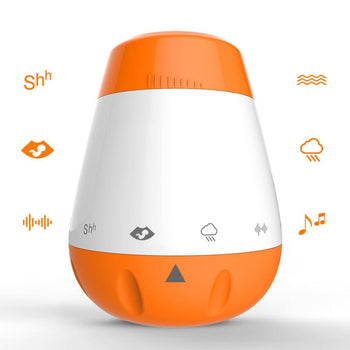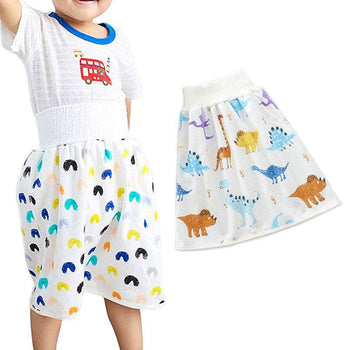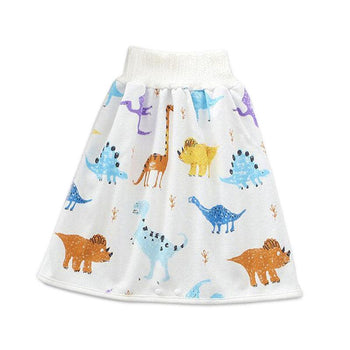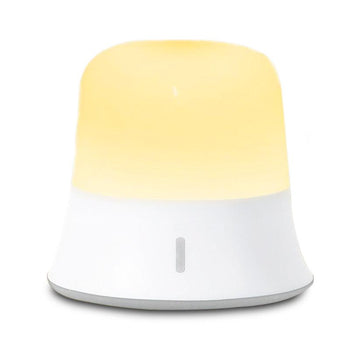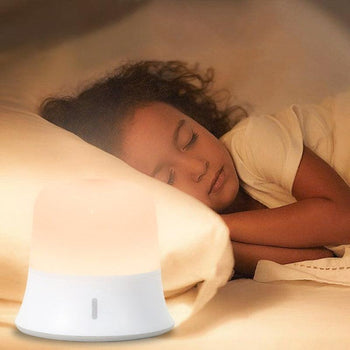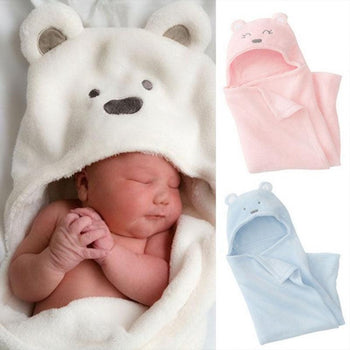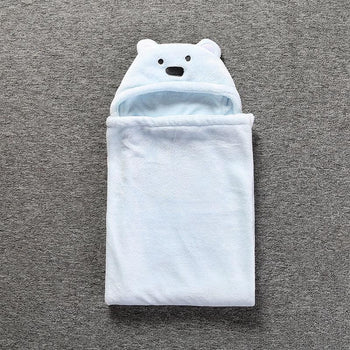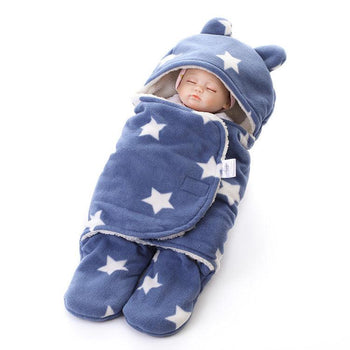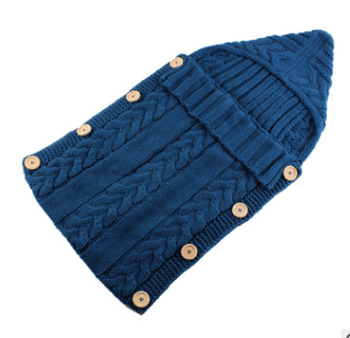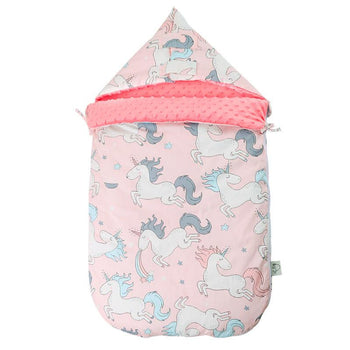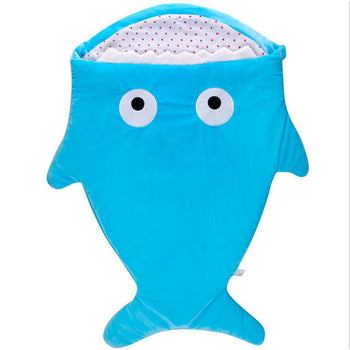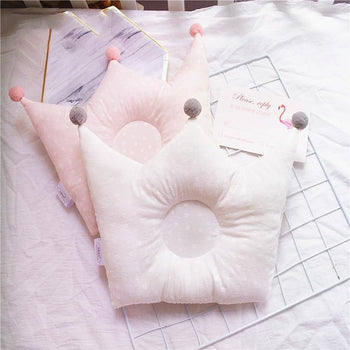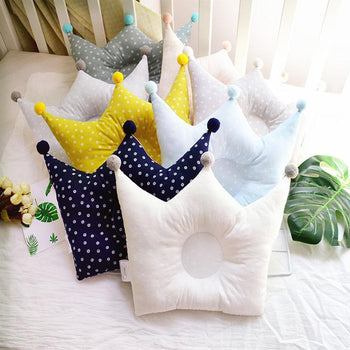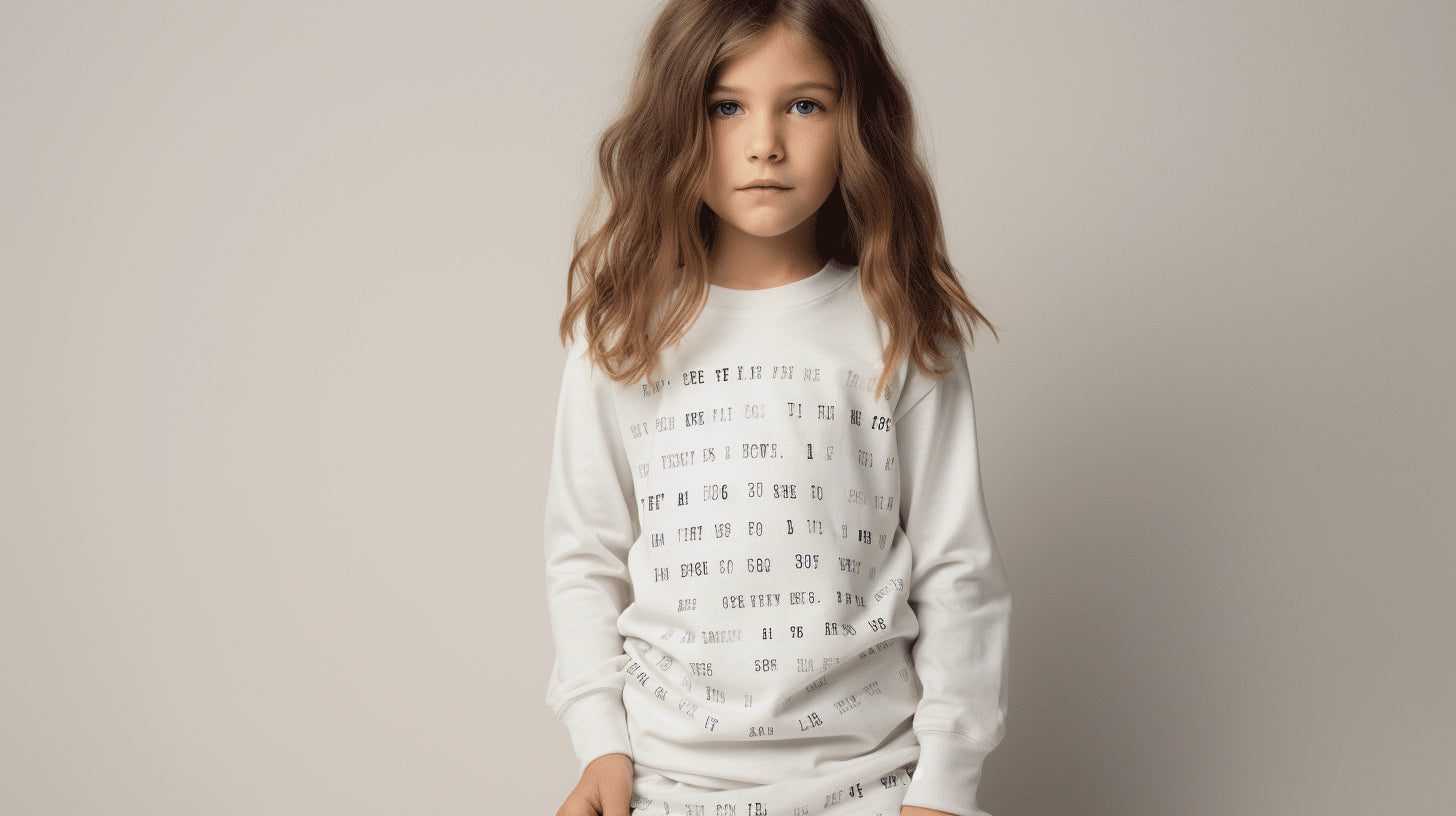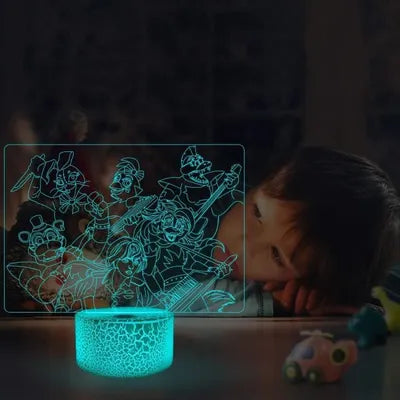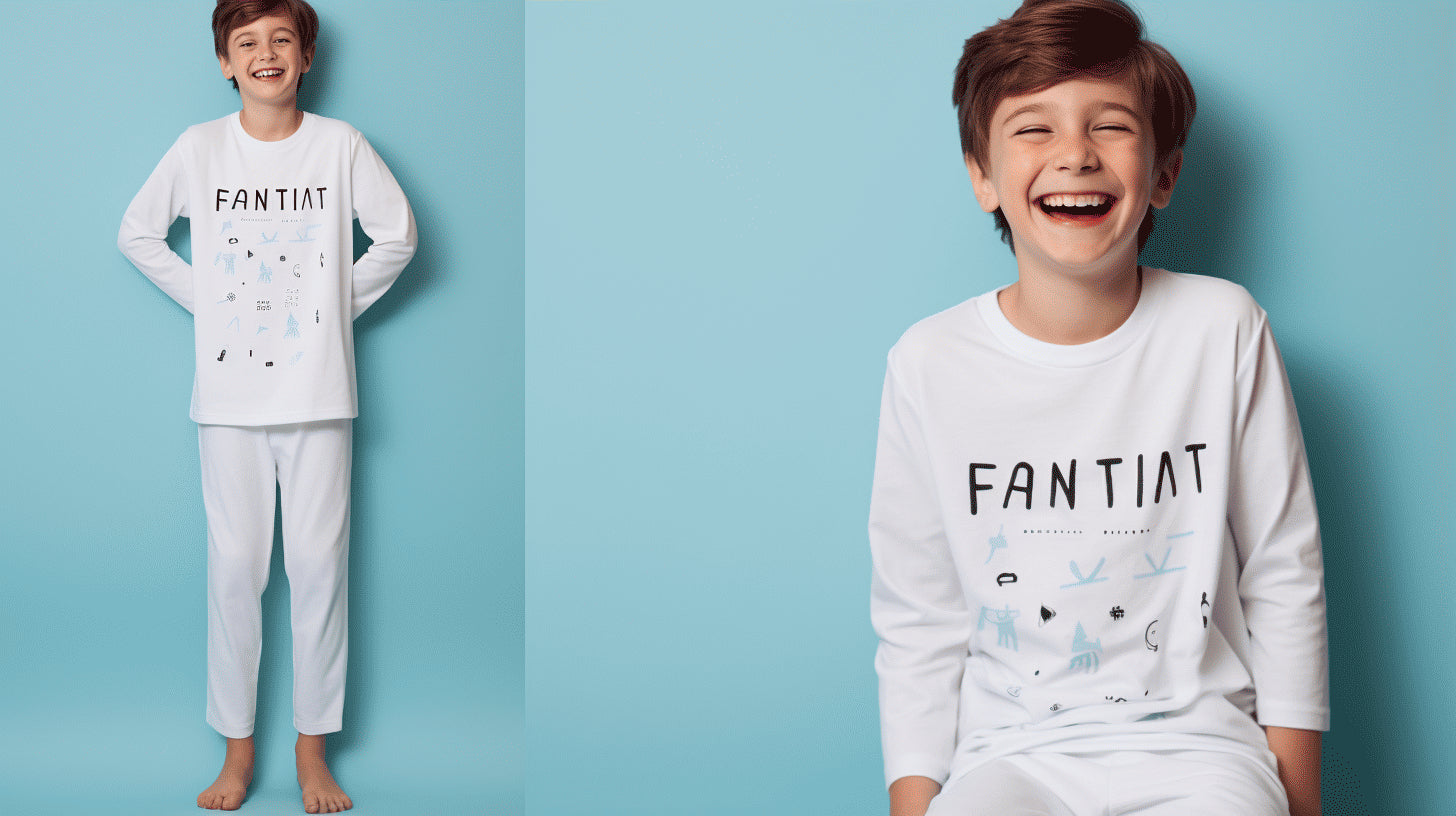If you've been following this blog for a while, you're probably no stranger to the concept of sleep regression . You've probably experienced it, haven't you? 😉 If you're new here, however, let us update you. A sleep regression refers to a period of time when a baby or toddler who was sleeping well suddenly begins to wake up at night and during naps or even refuse to fall asleep altogether. ( Discover our article here for more details on sleep regression)
Most babies and young children experience several distinct regression phases : one at 4 months, another at 8, 9 or 10 months, a third around 18 months and (as if three were not enough!) a final one around 2 years. This article will focus on some of the challenges surrounding your 2 year old's sleep, including the elements that are part of sleep regression at 2 years old.
5 facts about your 2-year-old's sleep
1/ Your 2-year-old's wake-up time is longer.
As your child grows, they need less and less sleep than they did when they were babies. Most 2-year-olds need about 12 hours of sleep in a 24-hour period, on average; compare that to the needs of a newborn who needs around 16 hours of sleep! And of course, most of your child's sleep now happens at night. You may also find that your 2-year-old is holding up better than usual at bedtime and falling asleep late. He may also wake up too early. All of this translates to less downtime (and maybe even sleep!) for you.
Note :
"As summer approaches, the light stays on longer and this can directly influence your child's internal clock. The nights may be shorter, but that's temporary! He may be really unable to to fall asleep an hour earlier".
2/ Your 2-year-old's separation anxiety may resurface at this time.
Separation anxiety peaks around 18 months, but it can show up occasionally until your child is 5 or 6 (or maybe even later!) By age 2, anxiety of separation may be based on real fear; your 2-year-old may be afraid of being left alone or with people he doesn't know. But it can also come from a desire not to miss out on pleasure! Your 2 year old now knows that when you leave , you don't just disappear. On the contrary, he knows that you have gone to a place not very far away and that (in his mind, at least) you had fun without him. It's understandable that he doesn't want to be left out! If this separation anxiety surfaces as soon as you walk through the door during naptime and/or bedtime, it can disrupt your child's sleep . (Do you want to know the techniques to manage your baby's separation anxiety? It's here )
Note :
“Many parents report having to, all of a sudden, stay with their 2-year-old as they fall asleep during nap and bedtime. It’s so common!”
3/ Your 2-year-old may suddenly stop napping.
Around age 2, some toddlers suddenly stop taking afternoon naps . You may find that when you put your 2-year-old to bed for his nap, he'll spend the entire hour talking, laughing, singing, and playing. Or, you may find that your child's resistance to naps isn't all that pleasant - he may spend the whole hour screaming! As with separation anxiety, this sudden resistance to naps may come from your child's desire not to miss anything. It can also be the result of growing self-awareness and independence, he becomes more aware of what he wants , so if he doesn't want to lie down for a nap, he will. will let you know!
We advise parents to treat this sudden nap resistance as a regression and not something permanent. Most children won't completely give up their naps until they're 3 or 4 years old. It's best to just stick with your 2-year-old's schedule and routine, and not give up on naps just yet .
Note :
"All 2-year-olds are different, of course. A friend had to stop allowing her son to nap at around 2.5, because he was taking 7-hour naps and waking up at 15 hours."
4/ Your 2-year-old may be going through transitions that disrupt his sleep.
There are some common transitions your 2-year-old may experience:
Transitioning to a Big Boy/Big Girl Bed: While more children make this transition around age 3, some toddlers make this step by age 2. This new sleep arrangement may make it harder for your 2-year-old to sleep well at night and nap, as the new bed is unfamiliar. Your child may also be enjoying their newfound freedom and getting up often. This happens even if you've told him again and again to stay in bed!
(Note: Whether you're making this at age 2 or waiting a bit longer, when it's time to upgrade to a larger toddler bed, we recommend you check your child's room carefully. ).
Potty training: Again, most children don't potty train until age 3 (or even later), but some parents start potty training around age 2 . If your 2-year-old is in the middle of a learning period, he may wake up and need to use the potty. Even 2-year-olds who have not yet started potty training become more aware of their bodily functions . It's not uncommon for toddlers this age to wake up early in the morning after having a full bladder or needing to poop. Discover our toilet reducer with step for children, ideal for teaching them how to do it.
And by the age of two, most children are much more aware of the unpleasant sensation that a full diaper causes.
A new sibling: Of course, this does not apply to all 2-year-olds, but around the age of 2 some children prepare or adapt to the presence of a new sibling. or a new sister. This is a huge change for toddlers, and (as with all major changes) it can cause them a lot of anxiety . Add to that the fact that the new baby is probably also causing you anxiety (because you have to juggle multiple schedules) and it could mean no one gets much sleep!
5/ Your 2-year-old child may begin to have nocturnal fears.
At the age of 2, your child becomes much more imaginative . This makes it very fun and entertaining, but at night it can become a problem! Most nighttime fears in 2 year olds are triggered by the dark and all the things that come with it, scary shadows, monsters lurking under the bed , etc. At this age, toddlers are increasingly aware of the world and realize that there are "bad guys" and things that can hurt them. These new night fears can lead to things like nightmares , and even night terrors . Find out here how to manage your baby's separation anxiety
Note :
"My eldest started being scared of dinosaurs no matter how many times I tried to define the word 'extinct'. 🙂 These aren't always rational fears for us adults, but they are very real for them, so be patient and understanding".
As with any regression or phase, the best thing you can do when you encounter these issues is to cope as best you can. Work hard to stay consistent, and try to remember that it won't last forever . 🙂 Also keep in mind that you don't want your child to pick up bad habits while you're working on overcoming sleep regression, so let that guide your decisions on how you'll cope. As I always say, "Don't turn a short-term phase into a long-term habit."
I hope this article has taught you some interesting things. Has your 2 year old experienced any of these sleep disorders? How did you deal with it? Where are you going through this right now? Share your story with other parents like you!
To help baby fall asleep, we recently created a Spotify playlist ( Click here to subscribe, it's free) where you will have access to many white noise sounds, and other soothing sounds such as rain, flow of water from a river...
White noise helps babies fall asleep more easily. Click here to learn more about white noise.
Would you like baby to sleep through the night?
In our free guide , you will discover 5 things you absolutely need to know.
With a unique approach and practical tools for success, this eBook will help you and baby sleep better through the night.


